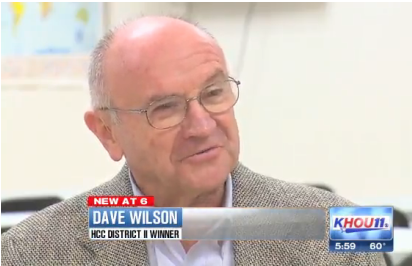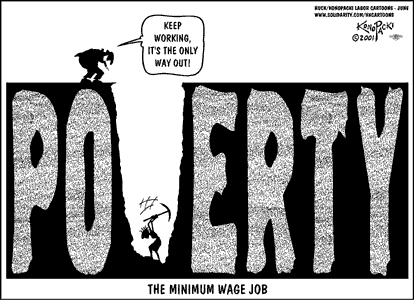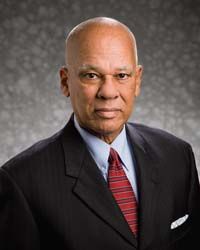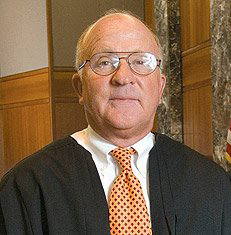Rocks Off looks at the field of Mayoral candidates for 2015 and asks “Why not Bun B?”
So to whom might the Bayou City turn for leadership through the latter half of this decade? The field is literally wide open, with only the usual allotment of ambitious policy wonks and green City Council members jockeying to move up in the municipal ranks at the moment. It might even be time to consider an outsider — in fact, someone whose nickname is already “Houston’s unofficial mayor.”
How does Mayor Bun B sound?
Laughable, according to the popular Houston rapper, whose latest album Trill O.G.: “The Epilogue” came out Tuesday and who performs at the Houston Symphony’s “Houston In Concert Against Hate” Anti-Defamation League gala Thursday night at Jones Hall.
“Too many skeletons in the closet, lol,” Bun told Rocks Off recently via email.
But what about those skeletons? Certainly Houston voters have proved they can be a tolerant lot, and Bun B the OG rapper now has plenty of company in his bio, with Bun B the Rice University comparative-religion professor, Houston Symphony collaborator and trusted friend/adviser to Houston’s existing mayor, who asked Bun to sit on her task force to combat texting and driving in April of this year. People have certainly run for mayor with fewer credentials than that.
UGK’s lyrics frequently criticized the guns and drugs that were rife in their hardscrabble neighborhood, while Bun and late partner Pimp C were never shy about celebrating the psychotropic indulgences that temporarily removed them from their grim surroundings. But they also never backed down from a fight, and never, ever rolled fake. Surely many voters would flock to a candidate like that, not to mention someone who understands the finer points of grippin’ grain and switchin’ lanes.
One of Houston’s leading political analysts says that kind of street cred could be invaluable in a mayoral campaign.
“I think one way for him to embrace the image is to use that as a way to create a real, visible narrative of what’s happening out there, and letting people know that these problems need to be addressed, and he is a good person to do it,” says Dr. Brandon Rottinghaus, Associate Professor of Political Science at the University of Houston. “A traditional politician may talk about those issues, but maybe hasn’t lived it, where in his case he has lived it and it gives him some credibility in a way doesn’t give credibility to a traditional politician.”
Rottinghaus likens Bun’s hypothetical campaign to that of someone like former Minnesota Gov. Jesse “The Body” Ventura, who in ran as the same kind of brash, outspoken maverick he was for years as a popular WWF wrestler, where he often played the “heel.” Ventura’s straight-shooting message connected with Minnesota voters, and he served four years in the state’s highest electoral office.
“The campaign ads he ran were all about how he was gonna wrestle the opposition, and it was time for a change in Minnesota, and he had kids with little Jesse Ventura action figures who were pummeling the competition,” says Rottinghaus “So they made that image work for them.”
One of the commenters on this story suggested a campaign slogan: “Vote Bun B For Mayor And Keep Houston Trill As F**k”. You’d hardly have to campaign with a slogan as awesome as that.
On a more serious note, the main problem with the Jesse Ventura analogy is that while one can certainly imagine getting a decent share of the vote running as an anti-establishment celebrity candidate, especially if one is blessed with opponents who are colorless or laden with baggage, that’s not enough to win. Ventura himself won with 37% of the vote in his three-way race. Thirty-seven percent won’t get you elected Mayor of Houston, however. It can only get you into a runoff. You need an actual majority to win, and that’s a much harder thing to do, especially if one’s primary appeal is to youth and one is running in an election where the average voter’s age is north of 50.
(Note to everyone who is now saying to themselves “Wait, didn’t Rick Perry get elected Governor in 2006 with 39% of the vote?”: The law in Texas is basically that only in partisan races, which is to say November races in even numbered years, is a plurality enough to win. In other elections – primaries, special elections, non-partisan elections like Houston city elections – a majority is necessary and if no one gets a majority, a runoff follows. There are some exceptions to this, but the bottom line is that Rick Perry’s non-majority election in 2006 has no bearing on City of Houston elections and the need for 50% plus one.)
Now, there is another model that Bun B could follow, and it’s a model demonstrated by another successful celebrity politician from Minnesota: Sen. Al Franken. There’s no reason why Bun B couldn’t do like Franken did and turn himself into a policy wonk, and thus broaden his appeal beyond his fanbase and the usual anti-establishment types to include the kind of voter who tends to participate in Houston city races. As the story notes, Bun B is already a man of many talents who has a history of getting involved in political matters. It wouldn’t be that much of a stretch. Obviously, I don’t expect Bun B to announce a candidacy (though I must say, I’d enjoy interviewing him if he did run). This is the sort of fun thing we political types like to chatter about during the slow times. But if he does have a hankering for public service in him, there’s no reason why he couldn’t do it.
(Yes, I know, some serious people are making serious guesses about who may or may not run for Mayor and other city offices in 2015. I thought about doing one of those myself, but got caught up in too many other things during the holidays. There will be plenty of time for such discussions later. For now, this was way more fun to talk about.)





















